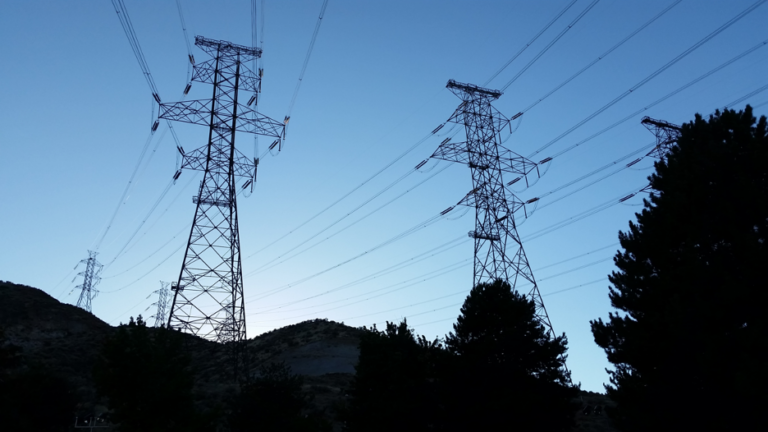Public comments keep rolling in to the Michigan Public Service Commission (MPSC) regarding two cases in which the MPSC is considering granting certificates of public convenience and necessity for the Michigan portions of two major proposed transmission lines: Case U-21471, regarding the line proposed between the Oneida Substation in Eaton County and Nelson Road Substation in Gratiot County, and Case U-21472, regarding the line proposed between the Indiana/Michigan state border at Gilead Township in Branch County and the new Helix Substation in Calhoun County.
The vast majority of these public comments are voicing opposition to the lines. The tenor of these comments, however, does not reflect the substantive public benefits that CUB has identified for these transmission projects.
As Michigan’s residential ratepayer advocate, CUB supports ways to lower ratepayer bills. As we point out in a brief filed jointly with the Sierra Club in the case before the MPSC, CUB and the Sierra Club “have a vested interest in verifying that their own members, who are Michigan ratepayers, will not be unduly burdened by the costs of the proposed transmission lines. Their members, like all Michigan consumers, will ultimately bear these costs through their electric bills.”
But the evidence suggests the costs are worth it. “Despite the costs imposed on their members, CUB-SC support the proposed lines, as both organizations recognize that the robust [Midcontinent Independent System Operator] planning process and projections, along with supporting testimony and exhibits in the consolidated dockets, confirm that the significant cost savings and long-term reliability benefits of the proposed lines ultimately significantly outweigh the overall project costs,” the brief said.
To be clear, we believe these benefits will show up in ratepayer bills. In this blog post, we detailed the specific ways these ratepayer savings could materialize through the construction of these transmission lines, such as through fuel savings, avoided transmission investment and resource adequacy savings.
Members of the public can submit comments on this case in the docket here.

